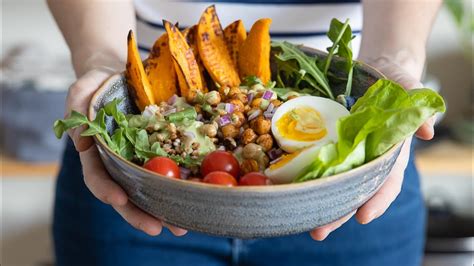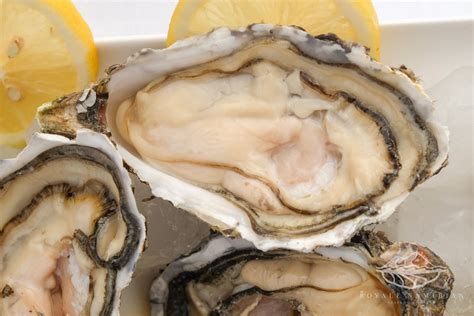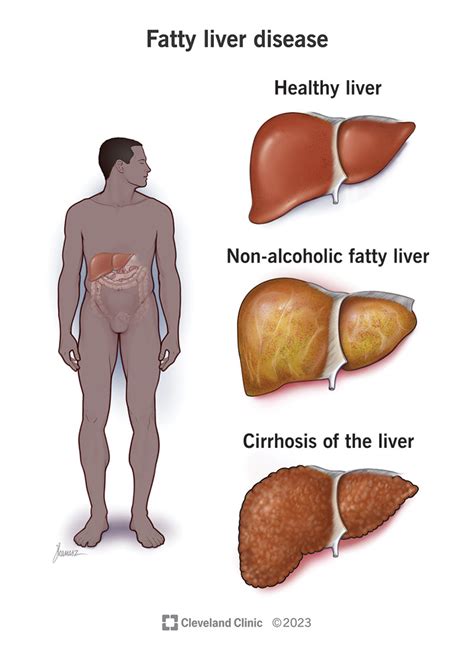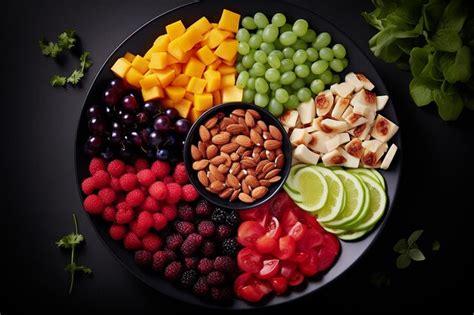Boost male testosterone naturally: Which foods optimize hormone levels?

Testosterone, the primary male sex hormone, plays a crucial role beyond just libido and muscle mass. It influences energy levels, mood, bone density, and even cognitive function. While synthetic options exist, many men seek natural ways to maintain healthy testosterone levels. One of the most impactful and accessible methods is through strategic dietary choices. By understanding which foods provide the necessary building blocks and support systems, you can empower your body to optimize hormone production naturally.

The Nutritional Cornerstones of Testosterone Production
Optimal testosterone synthesis relies on a steady supply of specific vitamins, minerals, and macronutrients. Deficiencies in these key elements can significantly hinder your body’s ability to produce hormones efficiently. Focusing on whole, unprocessed foods that are rich in these compounds is the first step.
Zinc: The Essential Mineral
Zinc is paramount for testosterone production. Studies have shown that even marginal zinc deficiency can lead to reduced testosterone levels. It plays a vital role in the regulation of several enzymes involved in hormone synthesis.
- Oysters: Often hailed as an aphrodisiac, oysters are one of the richest natural sources of zinc.
- Shellfish: Other options like crab and lobster also provide substantial amounts of zinc.
- Red Meat & Poultry: Beef, lamb, and chicken are good sources, especially red meat.
- Beans, Nuts & Seeds: Legumes, pumpkin seeds, and cashews offer plant-based zinc.

Vitamin D: The Sunshine Hormone
Often referred to as a vitamin, D is actually a steroid hormone itself and is critical for testosterone. Low levels of Vitamin D are frequently linked to lower testosterone. While sun exposure is the best source, dietary intake is also important, especially in regions with limited sunlight.
- Fatty Fish: Salmon, mackerel, tuna, and sardines are excellent sources of Vitamin D and beneficial omega-3 fatty acids.
- Fortified Foods: Milk, yogurt, orange juice, and cereals are often fortified with Vitamin D.
- Egg Yolks: A good source, especially from pasture-raised hens.

Healthy Fats: Not All Fats Are Equal
Cholesterol is a precursor to testosterone, and healthy fats are crucial for its synthesis. Restricting dietary fat too severely can negatively impact hormone production. Focus on monounsaturated and polyunsaturated fats, and don’t fear natural saturated fats in moderation.
- Avocados: Rich in monounsaturated fats, Vitamin E, and potassium.
- Olive Oil: Extra virgin olive oil is packed with healthy fats and antioxidants.
- Nuts & Seeds: Almonds, walnuts, chia seeds, and flaxseeds provide healthy fats, magnesium, and zinc.
- Coconut Oil: Contains medium-chain triglycerides that can support overall health.
Magnesium: The Muscle and Hormone Supporter
Magnesium is involved in over 300 enzymatic reactions in the body, including those related to muscle function and hormone regulation. Research suggests that magnesium supplementation can increase free and total testosterone levels, especially when combined with exercise.
- Leafy Green Vegetables: Spinach, kale, and Swiss chard are excellent sources.
- Whole Grains: Oats, brown rice, and quinoa provide magnesium and other nutrients.
- Legumes: Black beans, lentils, and chickpeas.
- Dark Chocolate: A delicious source, also rich in antioxidants.

Other Testosterone-Supporting Foods and Nutrients
Beyond the core nutrients, several other foods and compounds can contribute to a healthy hormonal environment.
- Ginger: Traditional medicine has long used ginger for its various benefits, and some studies suggest it may support testosterone levels.
- Garlic: Contains diallyl disulfide, which may stimulate the release of luteinizing hormone, signaling the testes to produce more testosterone.
- Cruciferous Vegetables: Broccoli, cauliflower, Brussels sprouts, and cabbage contain indole-3-carbinol, which helps the body metabolize estrogen, potentially creating a more favorable testosterone-to-estrogen ratio.
- Pomegranates: Rich in antioxidants, studies indicate pomegranate juice can improve testosterone levels and mood.

Beyond Food: A Holistic Approach
While diet is a powerful tool, it’s part of a larger picture. To truly optimize testosterone levels naturally, consider integrating these lifestyle factors:
- Regular Exercise: Especially strength training and high-intensity interval training (HIIT).
- Adequate Sleep: Aim for 7-9 hours per night, as sleep deprivation can significantly lower testosterone.
- Stress Management: Chronic stress elevates cortisol, which can suppress testosterone production.
- Limit Alcohol & Processed Foods: Excessive alcohol and diets high in refined sugars and unhealthy fats can negatively impact hormone balance.
Conclusion
Optimizing male testosterone naturally is an achievable goal, and your diet plays a central role. By focusing on nutrient-dense foods rich in zinc, Vitamin D, healthy fats, and magnesium, you provide your body with the essential building blocks it needs. Combined with a healthy lifestyle, these dietary strategies can significantly contribute to better hormonal health, improved energy, and overall well-being. Always consult with a healthcare professional before making significant dietary changes or starting new supplements.








